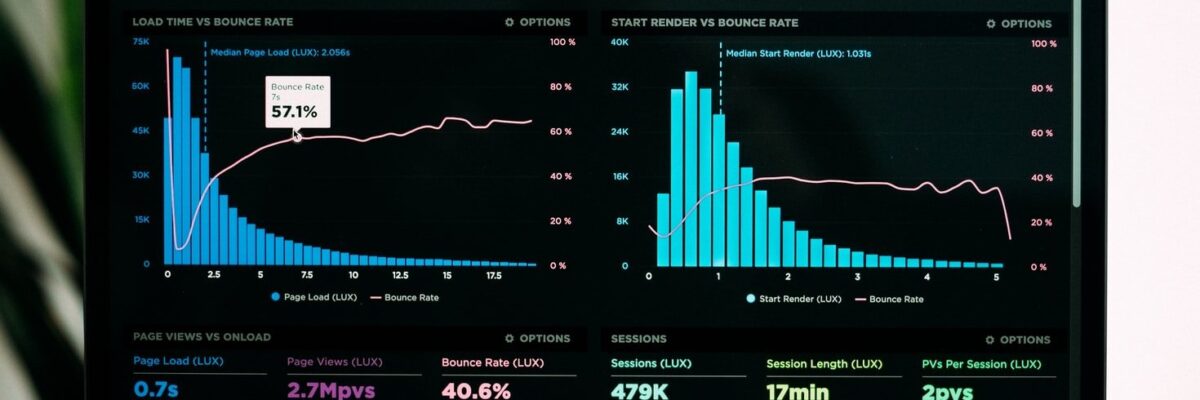It’s long been known that tracking analytics is one of the most lucrative things you can do to help grow your business. Whether you use this data to overhaul your website or to reestablish your target audience, analytics can do wonders for any organization.
Once you have specific analytical information on hand, you can utilize it to completely transform your business. Analytics offer so many opportunities for your company to grow to its fullest potential. Using analytics for your events is no different.
Tracking event analytics can help you recognize your conference’s strengths and weaknesses. From page views to session length, you’ll be able to learn a lot about both your event and your audience members.
Compared to in-person events, virtual events have a huge advantage when it comes to analytics. At an in-person event, it’s nearly impossible to track when your attendees are interested and which sessions are the most popular. However, digital event platforms can give extremely specific information on how your attendees behaved during your event.
With that being said, event analytics have become an extremely beneficial tool for making your virtual events better than ever before.

How to use analytics effectively
Understand your audience better
Analytics are a great way to get to know your audience on a more in-depth level. Not only will you get some more personalized information on attendees, but you’ll also be able to see an overview of how they behave on your event platform. You’ll be able to recognize which rooms and sessions are the most popular among audience members and track how they spent their time during the event.
Analytics are also hugely important for any business looking to redefine its target audience. With customizable event platforms like Jumbo, you have the ability to create specific registration forms that ask your audience members to answer more personalized questions. This enables you to get more information about the people who are attending your event- a.k.a. your target audience.
Take notes for future reference
Arguably, the best part about event analytics is that you can take notes for your future events. You can utilize data like total session length and overall page views to see if your event had proper timing. If you noticed that many of your audience members started to click away around the 30-minute mark of your hour-long lecture, you might want to consider shortening your future events.
Along the same line, you should feel free to change up your event days. If you hosted your last event on a Wednesday, why not try hosting your next on a Thursday? This way, you can compare analytics from the two events to see which had more overall users.
Make necessary changes
With analytics, it’s pretty easy to figure out which aspects of your event aren’t really working. You’ll usually find that your least popular rooms and breakout sessions are essentially impractical due to the low amount of traffic they see. It’s important to note that you don’t need to completely do away with the less popular parts of your event. If the analytics show that a particular session isn’t enticing your attendees, you just need to find a way to make that session entertaining and inviting.
Once you make these changes, your platform will undeniably be a more engaging, interesting, and memorable place than it was before. For more information on how to up your virtual event game in 2022, schedule a consultation with Jumbo today.

